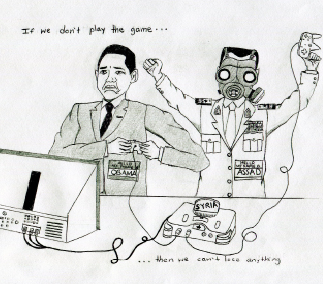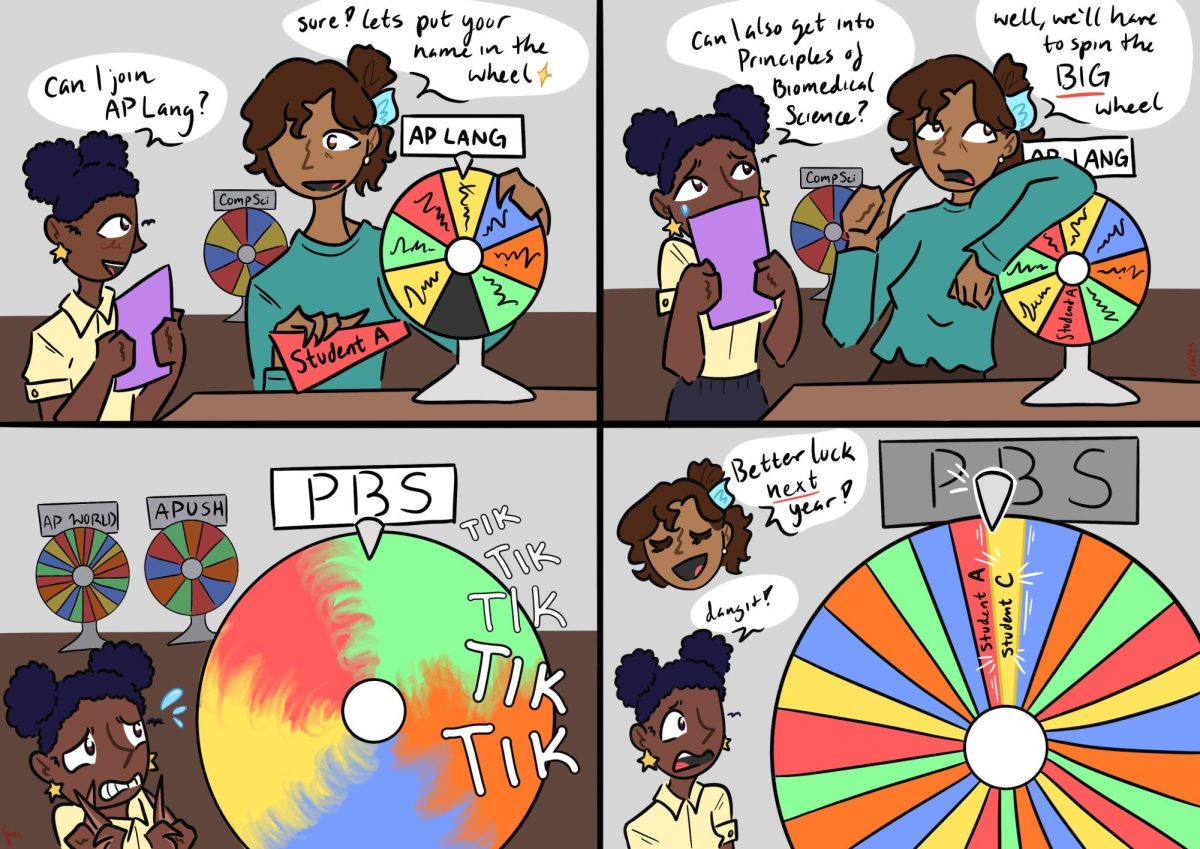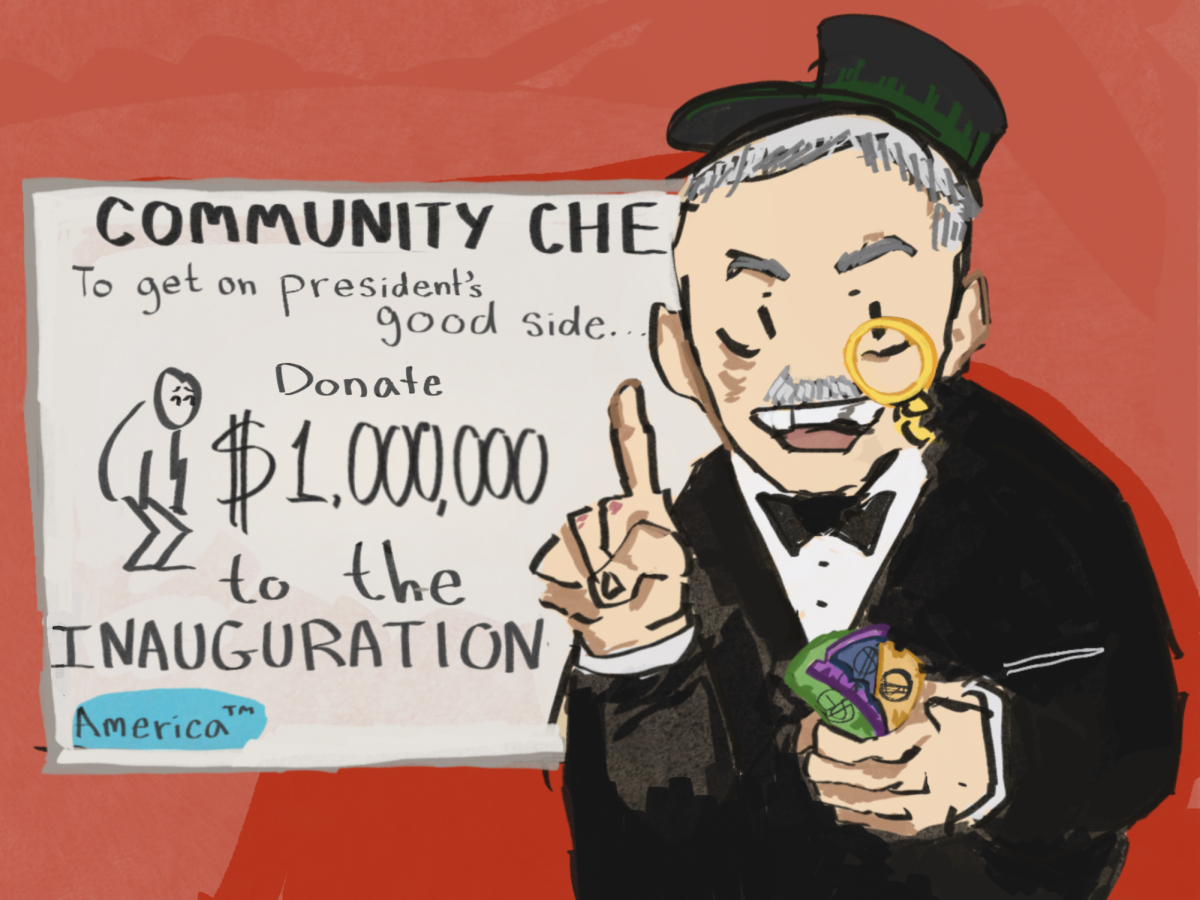
As the possibility of Syrian intervention came closer and closer, flashbacks of Iraq and Afghanistan came to the forefront of the minds of many Americans.
With every American intervention in poor, developing nations, it becomes more and more obvious that the United States only concerns itself with human rights violations if it suits the needs of the nation at large.
We care less about chemical weapons and warrantless violence than we do about serving our own interests abroad. For the self-proclaimed protectors of freedom and liberty, this is a poor reputation to carry.
The United States of America should be either a global force for good on every front, or not at all. The U.S. should no longer pick and choose the countries in which it wants to be involved because it serves an ulterior motive for the nation.
Many genocides have gone unaddressed and unnoticed by the U.S. Rwanda and Darfur are just a few of the many international atrocities overlooked by our government.
But when an intervention suits the goals of America, our government suddenly becomes concerned with human rights violations and proclaims to the world its dedication to peace and justice.
Afghanistan, Iraq, and Syria are all oil rich nations, something that easily draws the eye of the oil hungry United States.
Uganda, Sudan, the Congo, and many other African nations lack an appealing natural resource required by the United States. But they have all been subjected to their own atrocities and wars with no assistance from the U.S. government.
It is time for the United States to make a decision: either start intervening in all nations across the world that call for our help, or stop intervening at all.
It is already apparent to the world that America only involves itself where it can make a profit, but the fact that this is done under the guise of human rights is embarrassing.
While America did not intervene in Syria, the U.S. came very close to supporting the rebels in overthrowing the government that has been historically close with Iran and opposed to the United States.
Our government cannot pretend that people do not already know that our actions are driven by international politics or a desire for oil; versus a goal of making the world a better place.
In the future, the United States should reevaluate its foreign intervention policy to have fewer ulterior motives and a better reasoning for pouring millions of taxpayers’ dollars into an overseas country.



